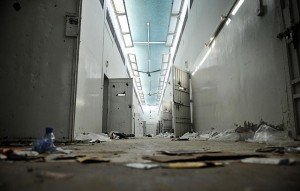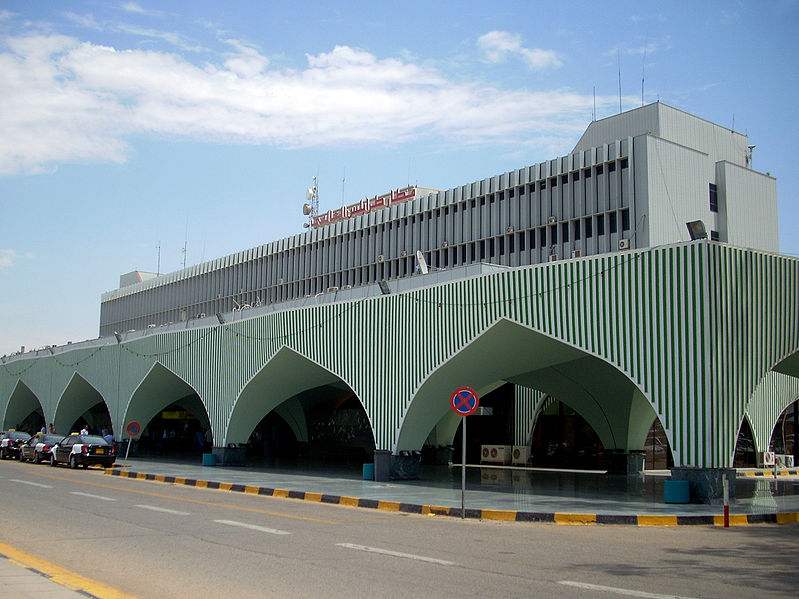Tripoli, 29 June:
Libya must rebuild its justice system to avoid the same brutal repression that took place precisely 16 years . . .[restrict]ago at the Abu Salim prison, said Lawyers for Justice in Libya last night.
LFJL warned that the Libyan government must not repeat the cycle of suppression of dissent nor forget the tragedy that happened sixteen years ago.. It has called on the government to conduct thorough investigations into the massacre, including finding the bodies of those killed on that day. One suspected mass grave at the prison turned out to contain animal bones.

“The government must re-establish Libya’s justice system and empower it to hold accountable perpetrators and bring justice to the relatives of the victims” said LFJL. “The Libyan authorities must provide fair treatment to all prisoners held in Libya and provide fair and due process to suspects based in accordance with the rule of law.”
The Abu Salim massacre served as the catalyst of the 17 February Libyan revolution when families of the victims gathered to protest the imprisonment of human rights lawyer, Fathi Terbil, who had represented them. The families called for truth, accountability for those responsible for the massacre, and most importantly, the protection of the most basic human rights for all citizens.
“The families of those killed in Abu Salim have waited for justice for a long time.” said LFJL director Elham Saudi, “On this day, we must all demand accountability. A fair trial and due process, whereby those who are responsible are held to account and are punished, are vital to enable the families of the victims to ascertain the events of that day and to receive the justice they have demanded for sixteen years.
“It is important for the government to establish that, in the new Libya, the lessons of the past have been learnt and that never again will prisoners be held without due process. It is our duty as Libyans to honour all those who suffered under the Gaddafi regime, including those killed in Abu Salim, and not to repeat the ill treatment of prisoners or compromise the rule of law,” added Saudi.
[/restrict]









